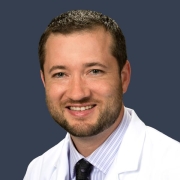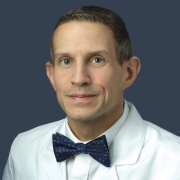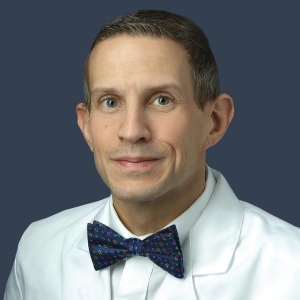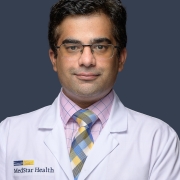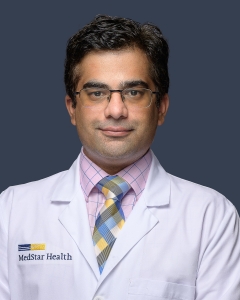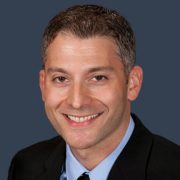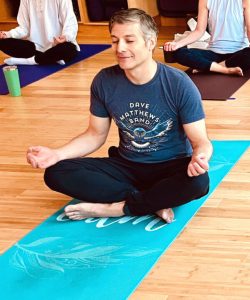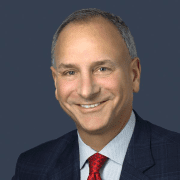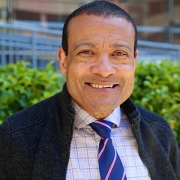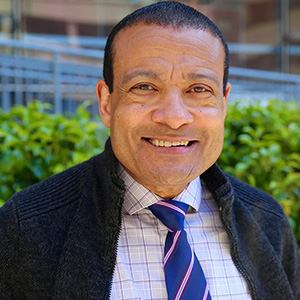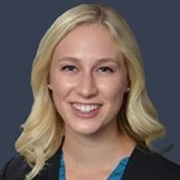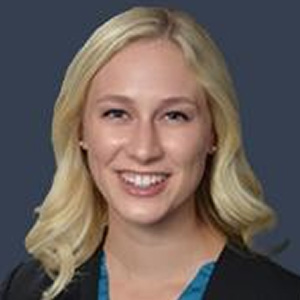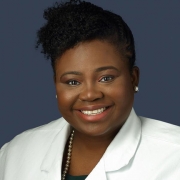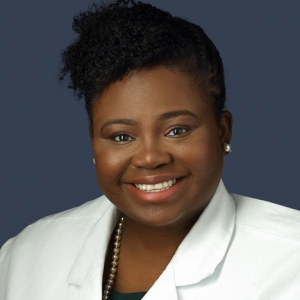People Profiles: Dr. Daniel Jamieson
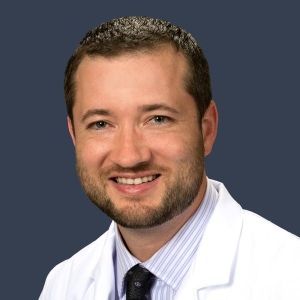
Dan Jamieson, MD (Pulmonary and Critical Care; Internal Medicine)
Dan Jamieson, MD (Pulmonary and Critical Care; Internal Medicine) has always called Maryland and the Washington, DC, area home – in fact he was born at Medstar Georgetown University Hospital! It’s no surprise then that after his fellowship, he ended up at MedStar Health, the largest healthcare provider in the region. Dr. Jamieson is the Program Director (PD) for the Pulmonary and Critical Care Fellowship at MedStar Georgetown University Hospital (MGUH) and one of the Associate Program Directors (APD) for Internal Medicine at MGUH.
Dr. Jamieson was inspired to pursue medicine while in high school when he developed a deep fascination with science and biology. His roles as a PD and APD at MedStar Health perfectly pair Dr. Jamieson’s medical skills as a clinician with his passion for mentoring and teaching the next generation of physicians.
“Number one will always be the students, residents and fellows,” Dr. Jamieson responded when asked what he enjoys most about working in graduate medical education. “There is an intentional focus on education in everything we do at Medstar Health. From our focus on the learning environment to the way we run daily rounds. I also love working with a dedicated team of educators to address current challenges in graduate medical education.”
There are always new challenges in healthcare, and MedStar Health is continually striving to find ways to build on current practices and better care for our patients and our communities. The knowledge that leaders like Dr. Jamieson are imparting on our residents and fellows are critical to that mission.
“The pace of change in medicine in the U.S. is impressive,” Dr. Jamieson said. “I know we will continue to support innovation and education of the next generation of learners.”
Dr. Jamieson doesn’t just envision a better future for healthcare – he is putting in the hard work to create that future. As one of three inaugural GME Leadership Fellows, Dr. Jamieson is gaining new insight into what it takes to run and improve our consortium and contributing his expertise to make it happen.
Dr. Jamieson and his wife have three children and they recently added two cats into the mix. “After intense negotiations with my daughter and wife, we have settled on Lola and Findus for their names,” Dr. Jamieson joked.

